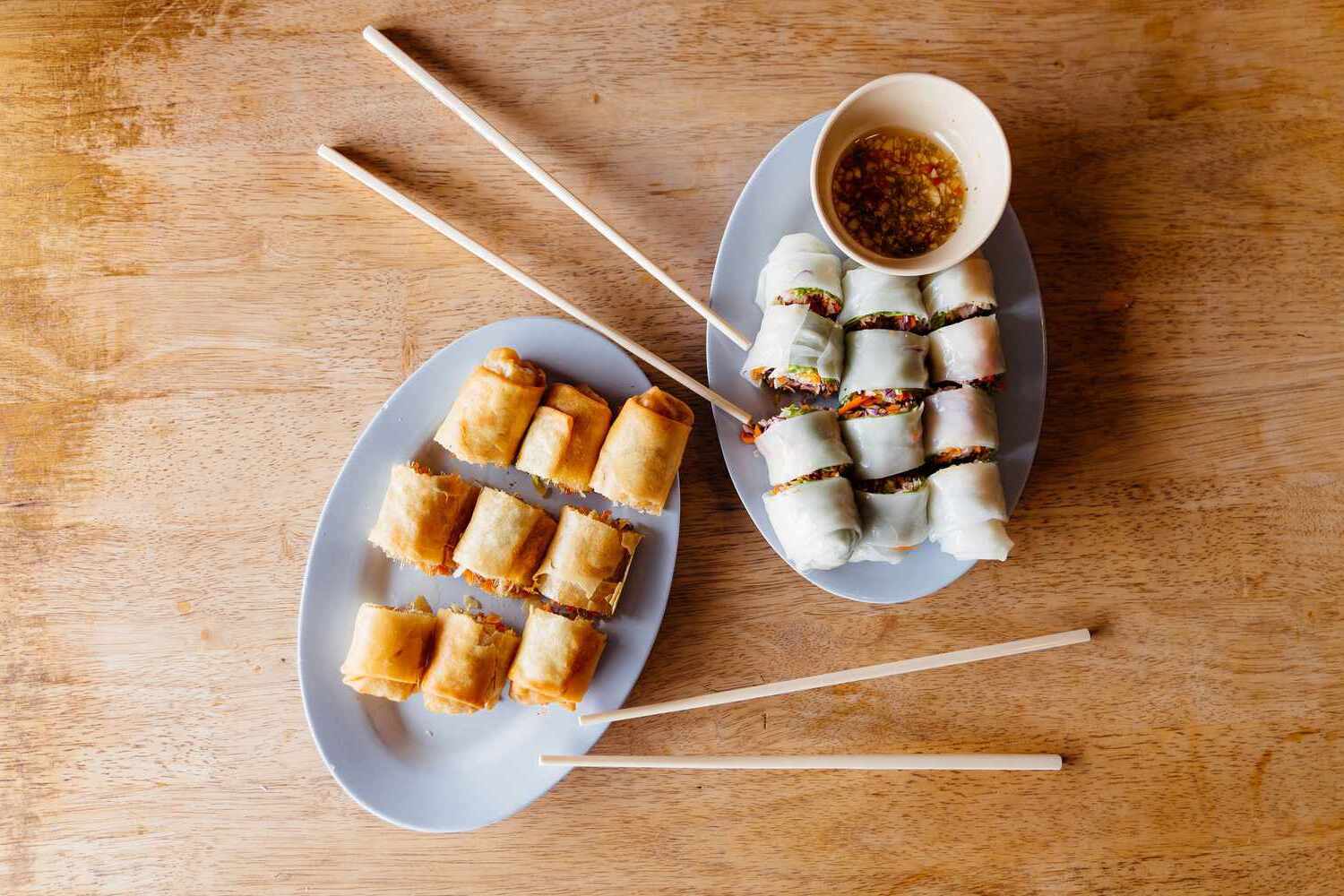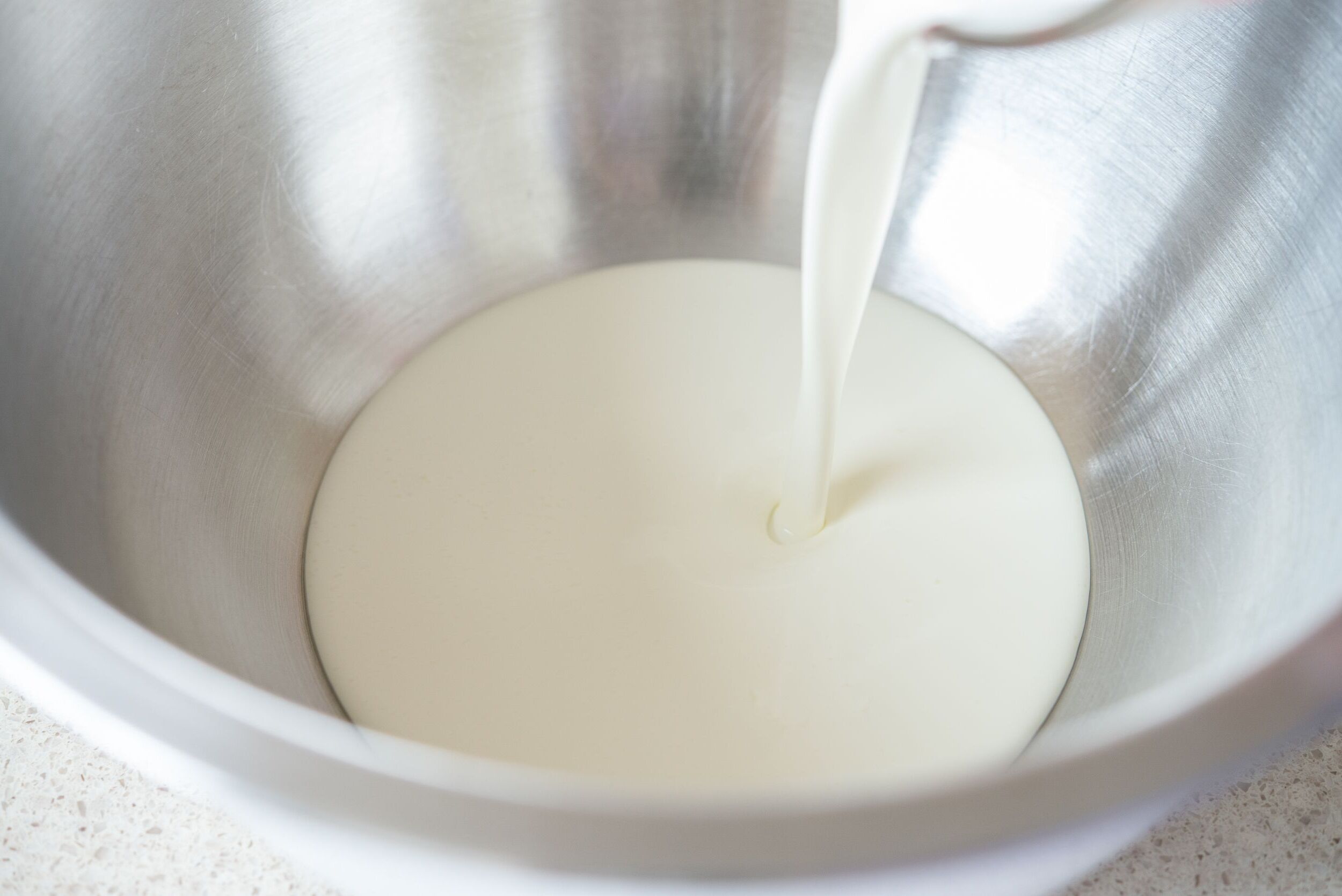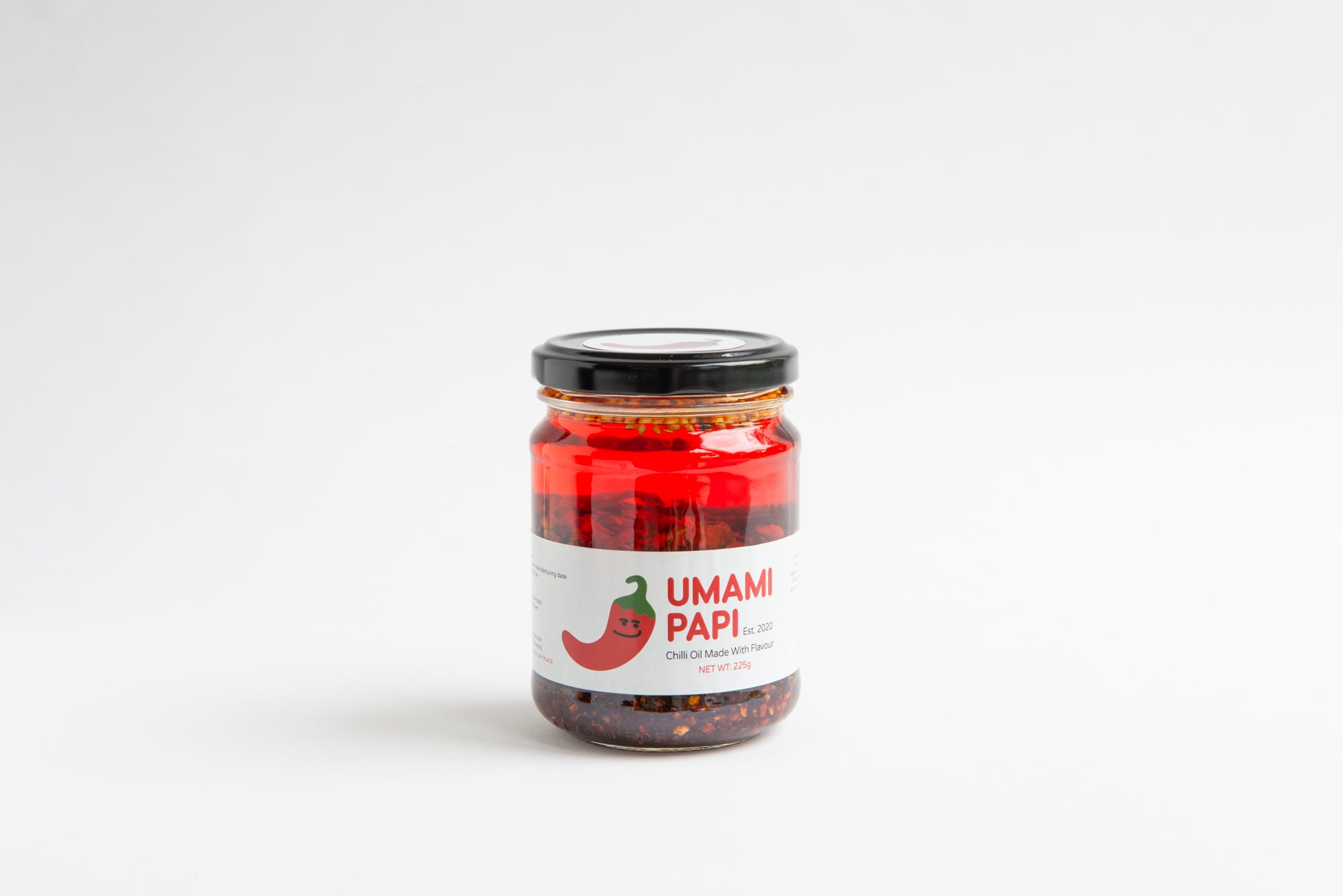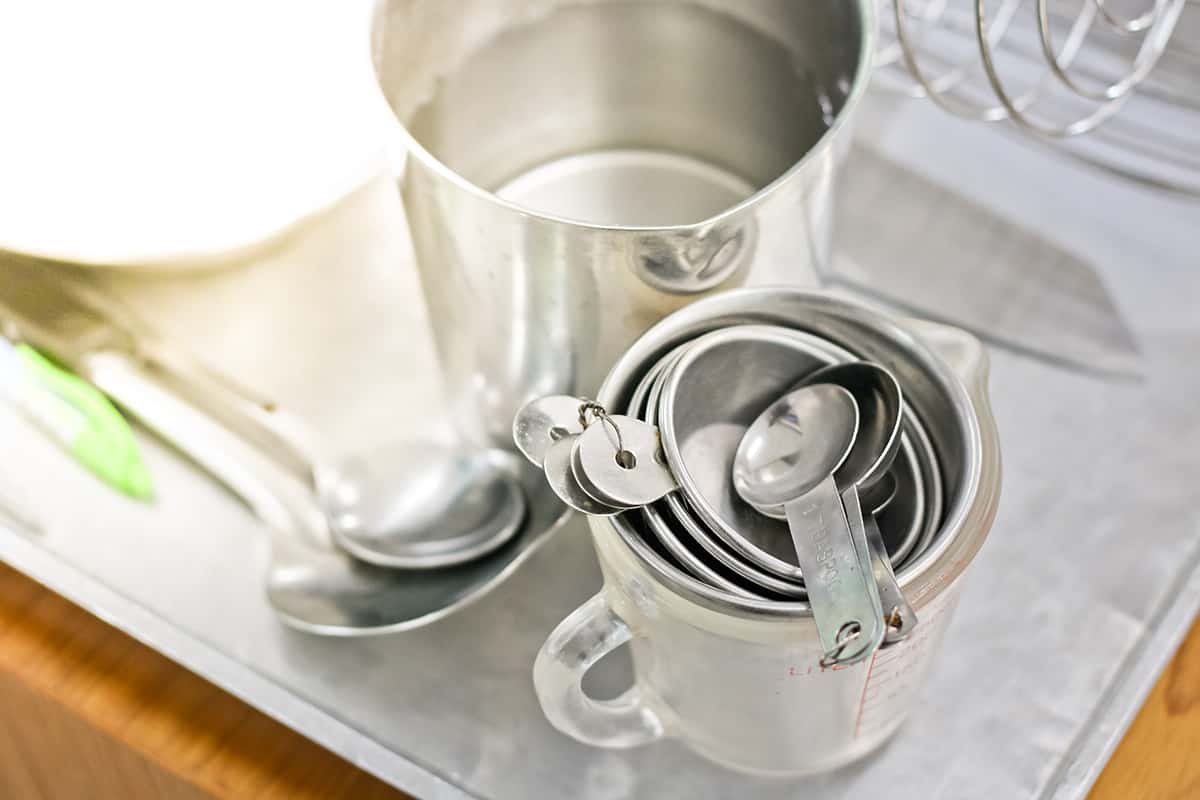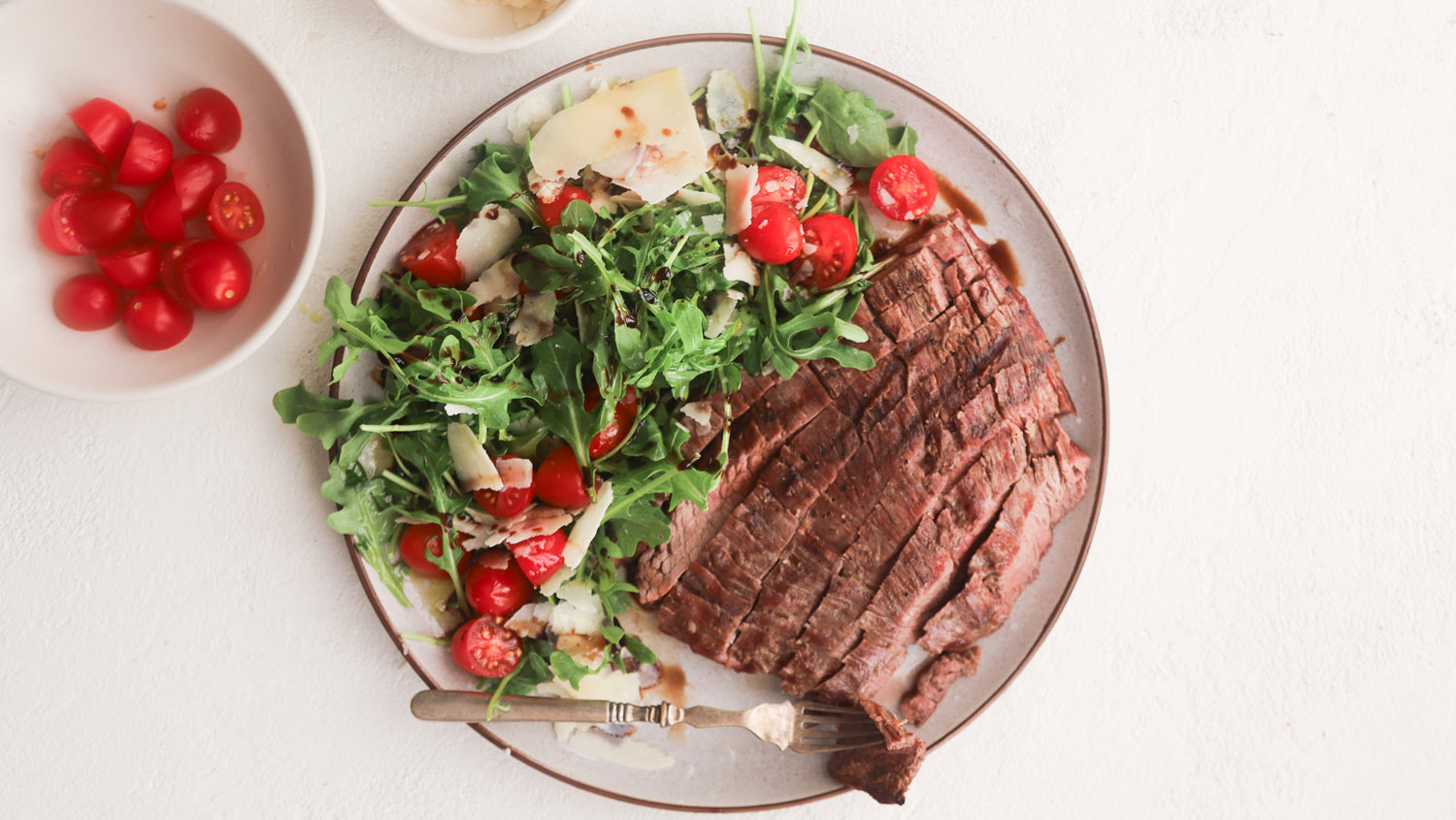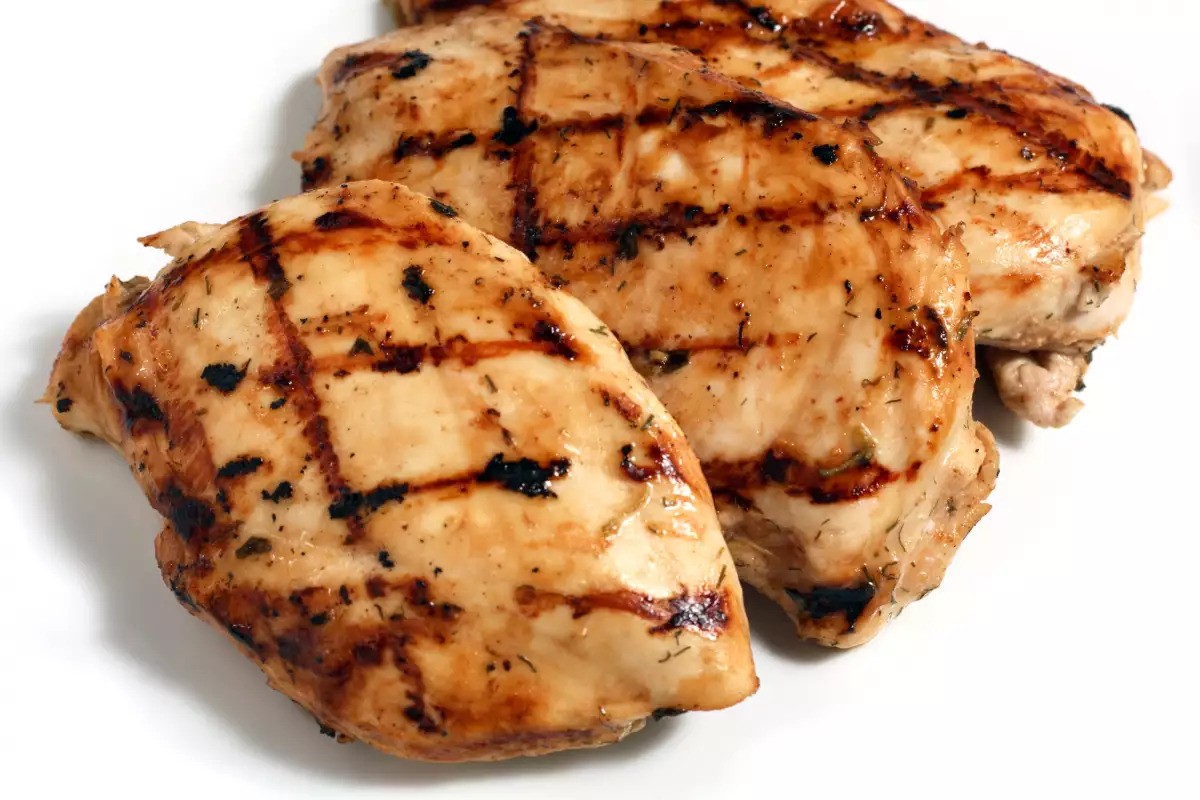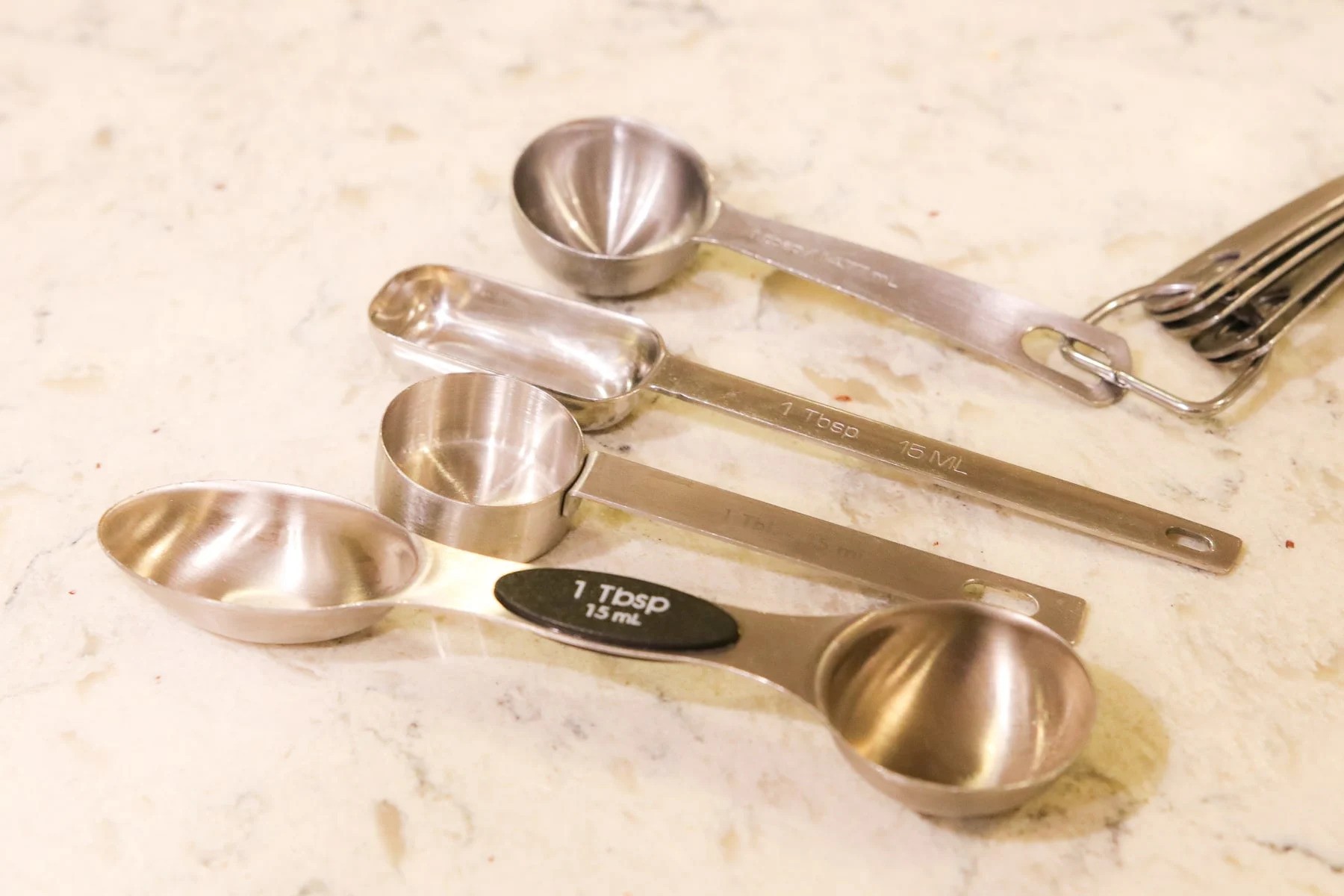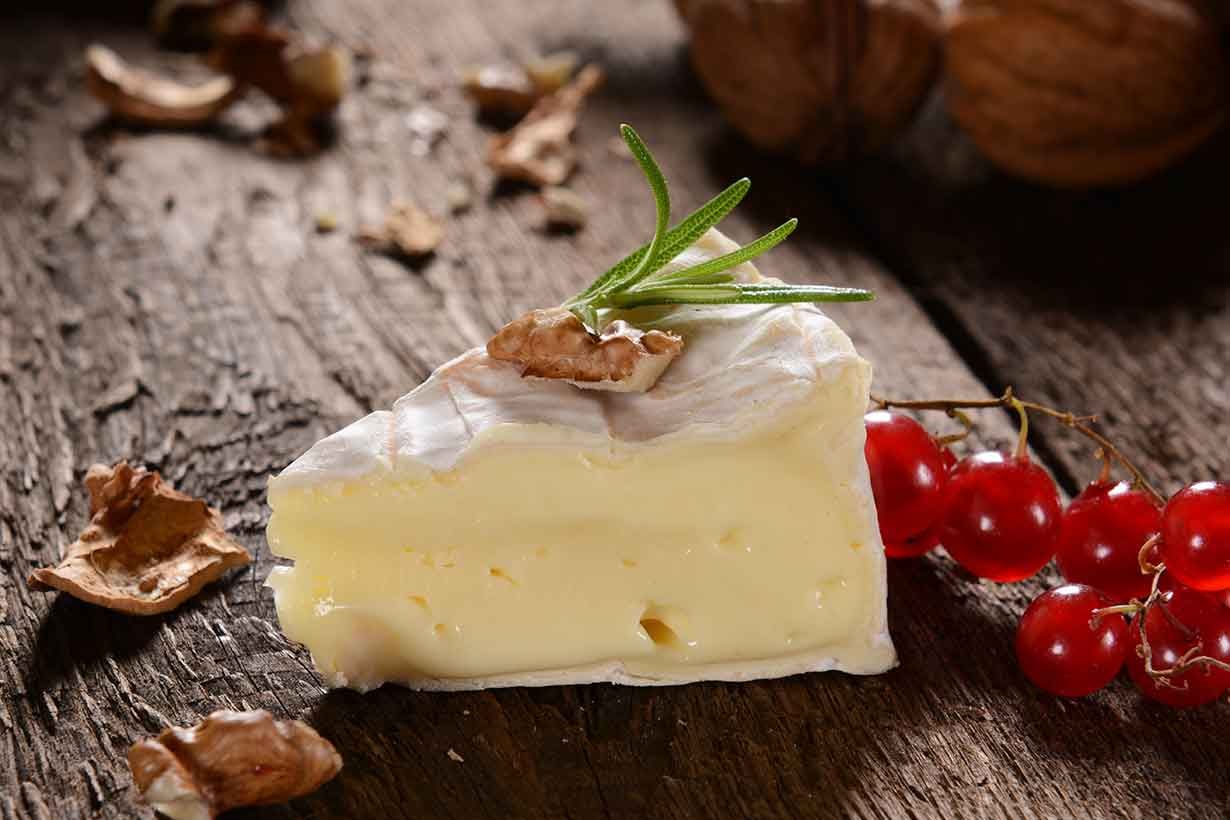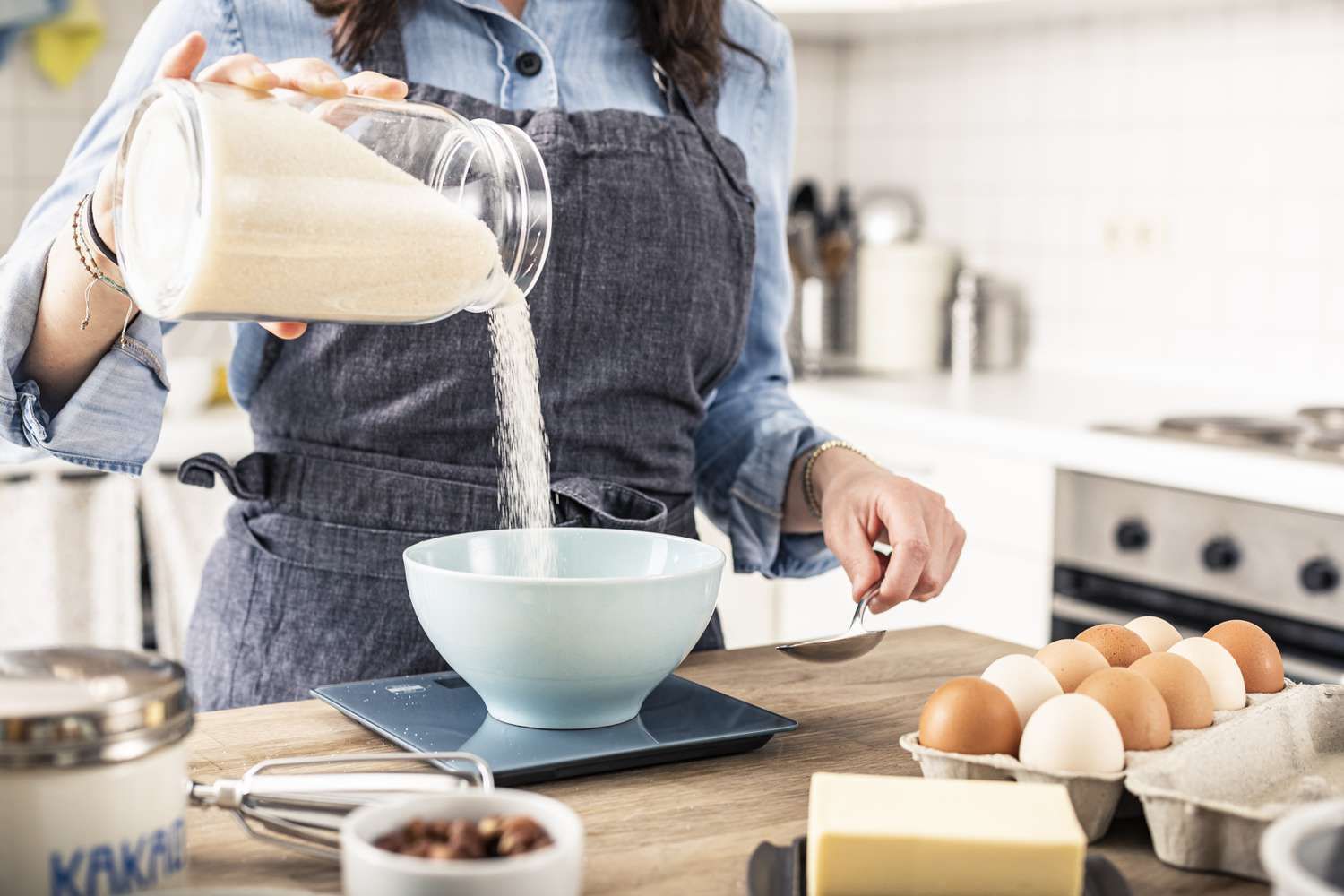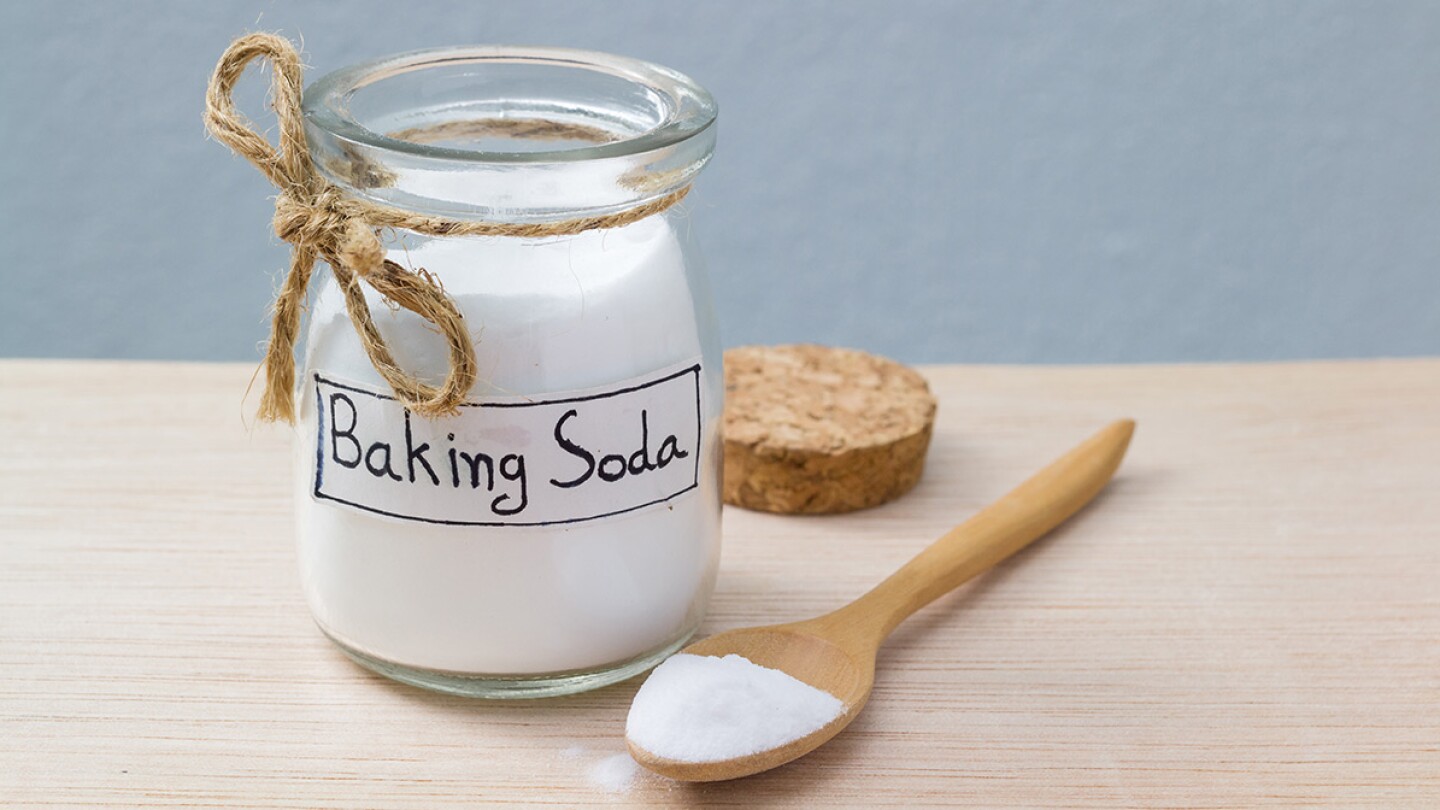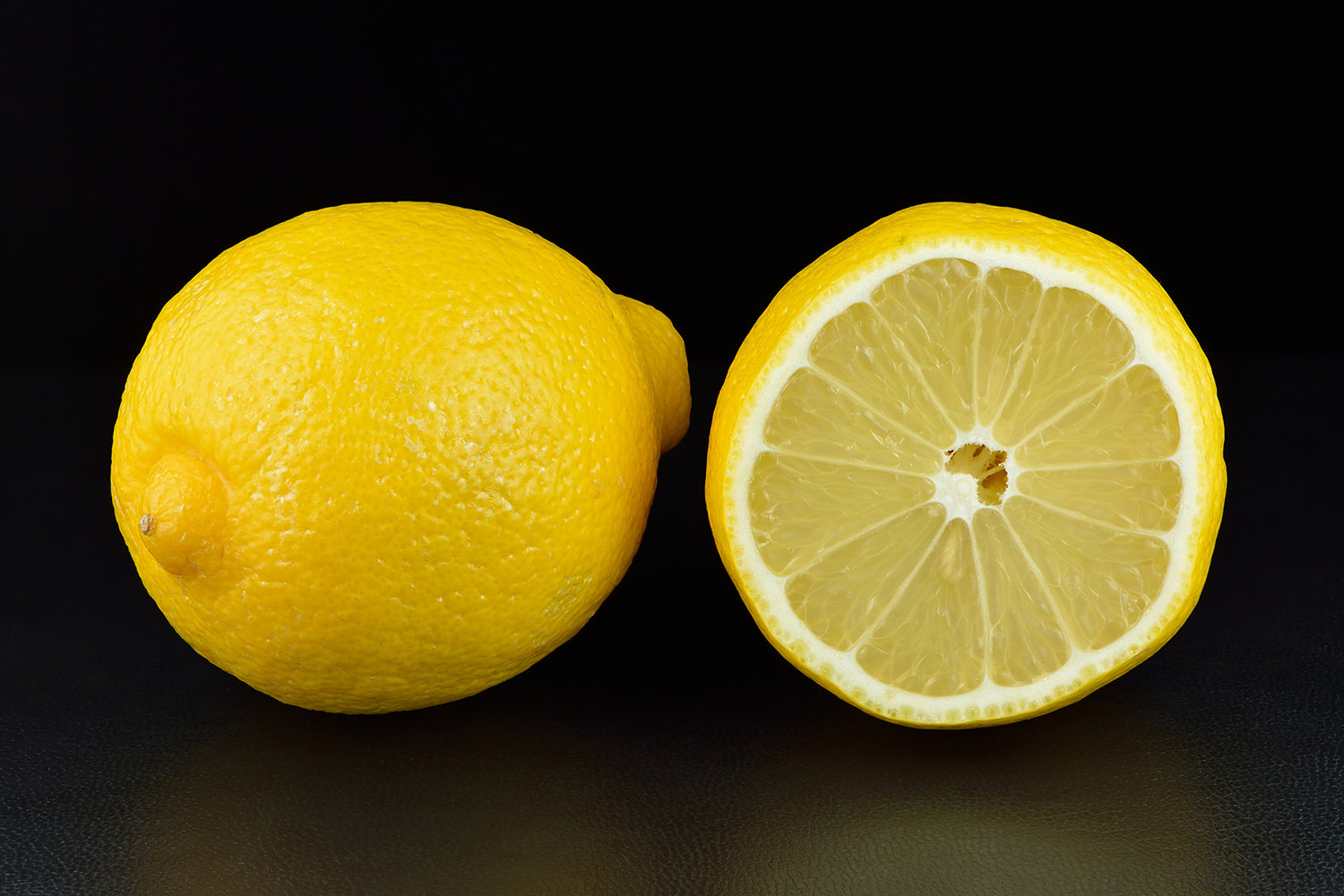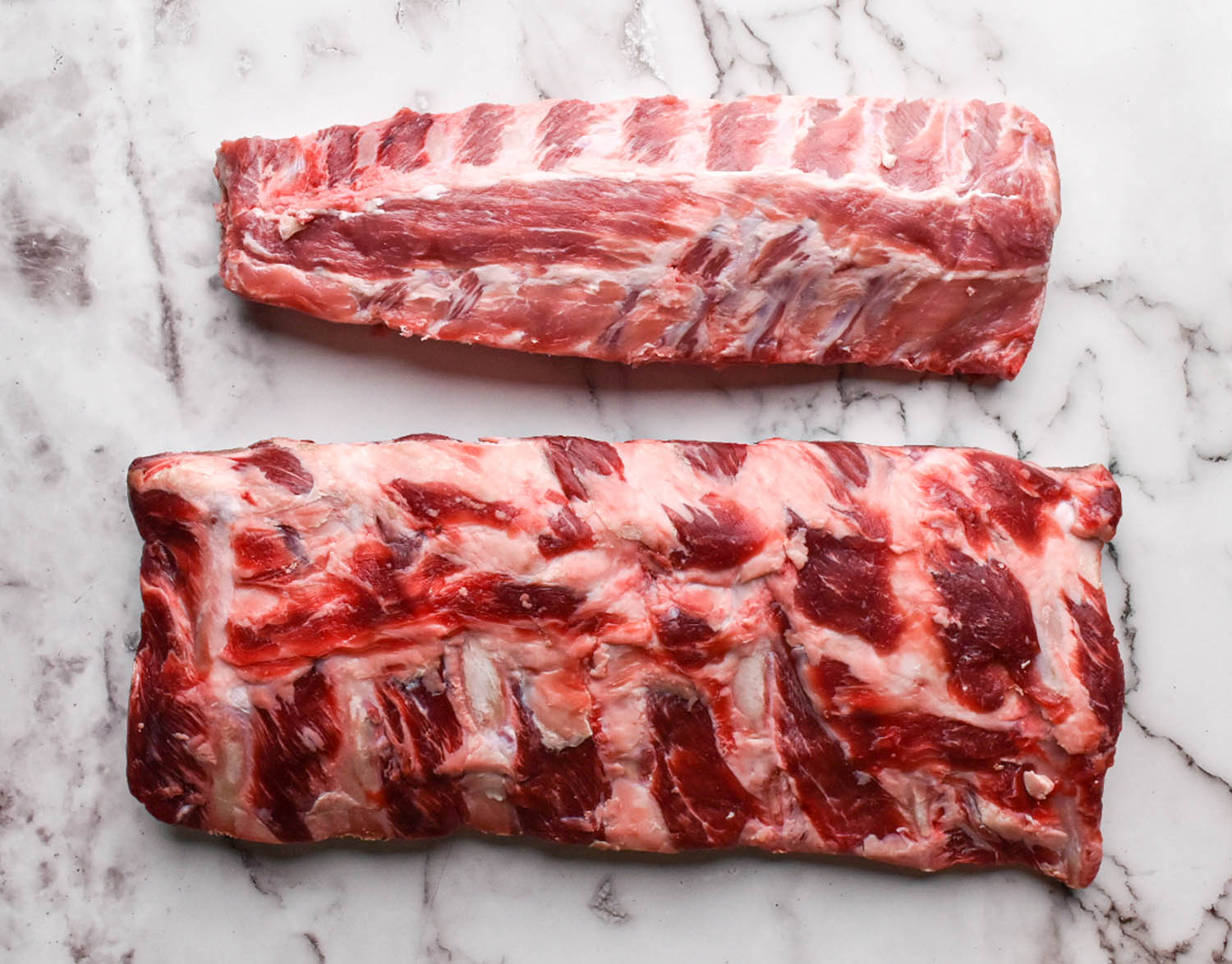Understanding 90 Grams to Cups Conversion
When it comes to cooking and baking, precise measurements are crucial for achieving the perfect outcome. However, understanding different units of measurement can sometimes be confusing. If you’ve come across a recipe that calls for 90 grams of an ingredient and you prefer using cups for measuring, you might be wondering, “What is 90 grams to cups?”
Converting grams to cups isn’t always straightforward, as it depends on the density of the ingredient being measured. Different ingredients have different densities, so the conversion factor for one ingredient may not be the same for another. Despite this, there are some general guidelines that can help you make the conversion.
Converting 90 Grams to Cups
When converting grams to cups, it’s important to remember that the volume of a cup can vary depending on the ingredient. For example, a cup of flour will weigh less than a cup of sugar due to differences in density. However, as a general rule of thumb, 90 grams is approximately equal to:
- 0.38 cups of granulated sugar
- 0.45 cups of all-purpose flour
- 0.48 cups of water
- 0.52 cups of butter
It’s important to note that these are approximate values and may vary slightly based on factors such as how the ingredient is packed into the cup. For the most accurate results, it’s recommended to use a kitchen scale for measuring ingredients by weight.
Why Weight Measurements Are Preferred
While using cups for measuring ingredients is common in many recipes, professional chefs and experienced bakers often prefer using weight measurements for greater accuracy. Measuring ingredients by weight provides a level of precision that volumetric measurements (such as cups) may not always achieve. Additionally, weight measurements can help ensure consistency in recipes, especially when it comes to baking.
Using a kitchen scale to measure ingredients by weight allows for more precise and consistent results, which is particularly important in baking, where small variations in measurements can significantly impact the final product. Many professional recipes provide ingredient measurements in both weight and volume to cater to a wider audience.
Conclusion
While converting 90 grams to cups can provide a rough estimate for certain ingredients, it’s important to remember that the accuracy of this conversion may vary based on the specific ingredient and how it is packed. For the most precise measurements, using a kitchen scale to measure ingredients by weight is recommended. Understanding the differences between weight and volume measurements can help you become a more confident and skilled cook or baker, leading to consistently delicious results in the kitchen.
Next time you come across a recipe that lists ingredients in grams and you prefer using cups, you’ll have a better understanding of how to make the conversion and achieve the desired outcome.
Was this page helpful?
Read Next: What Is Costilla Meat
